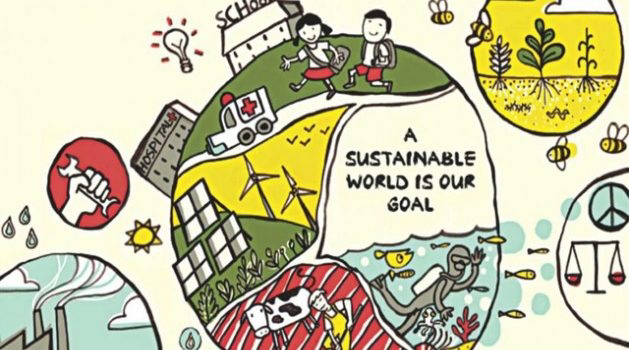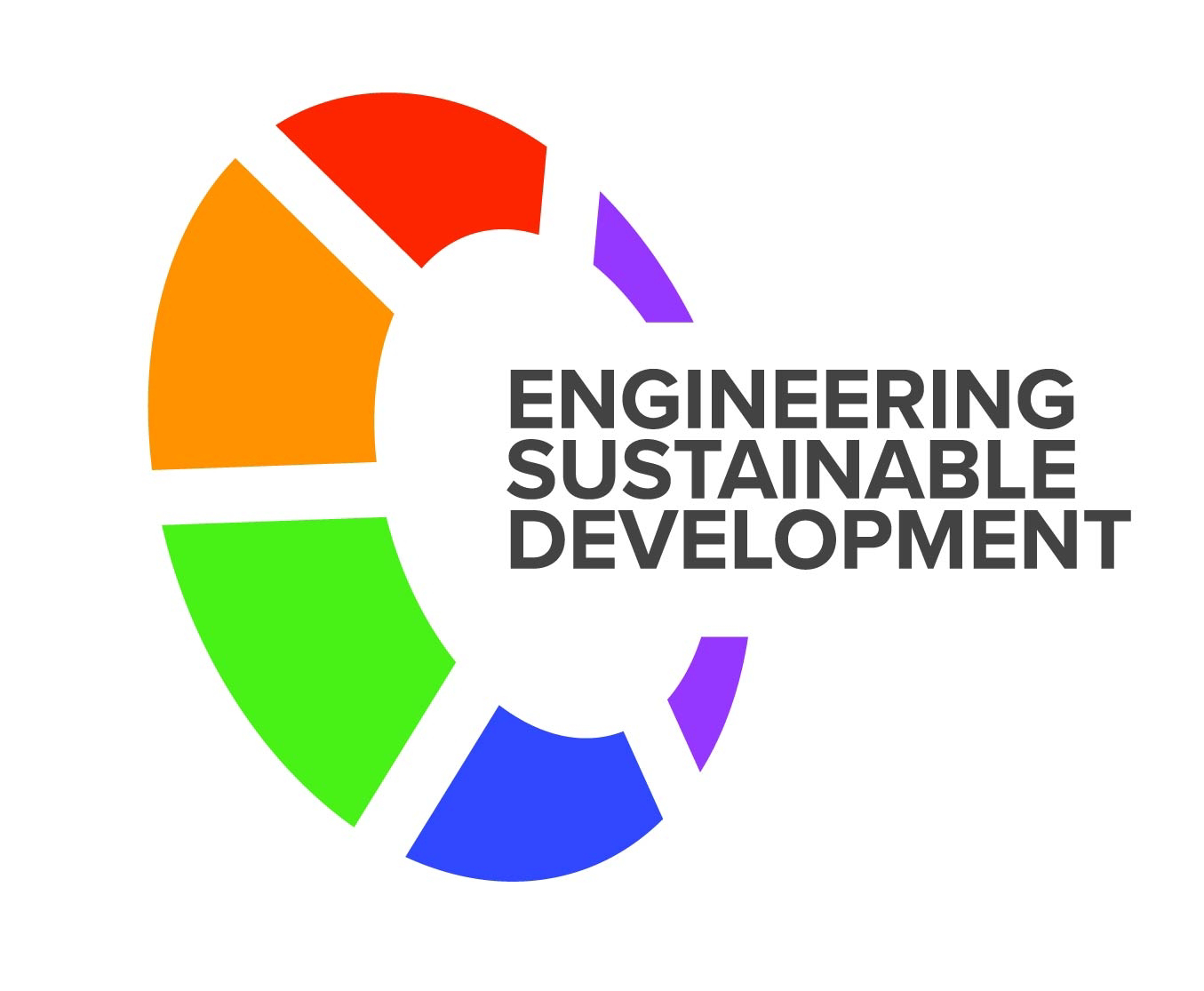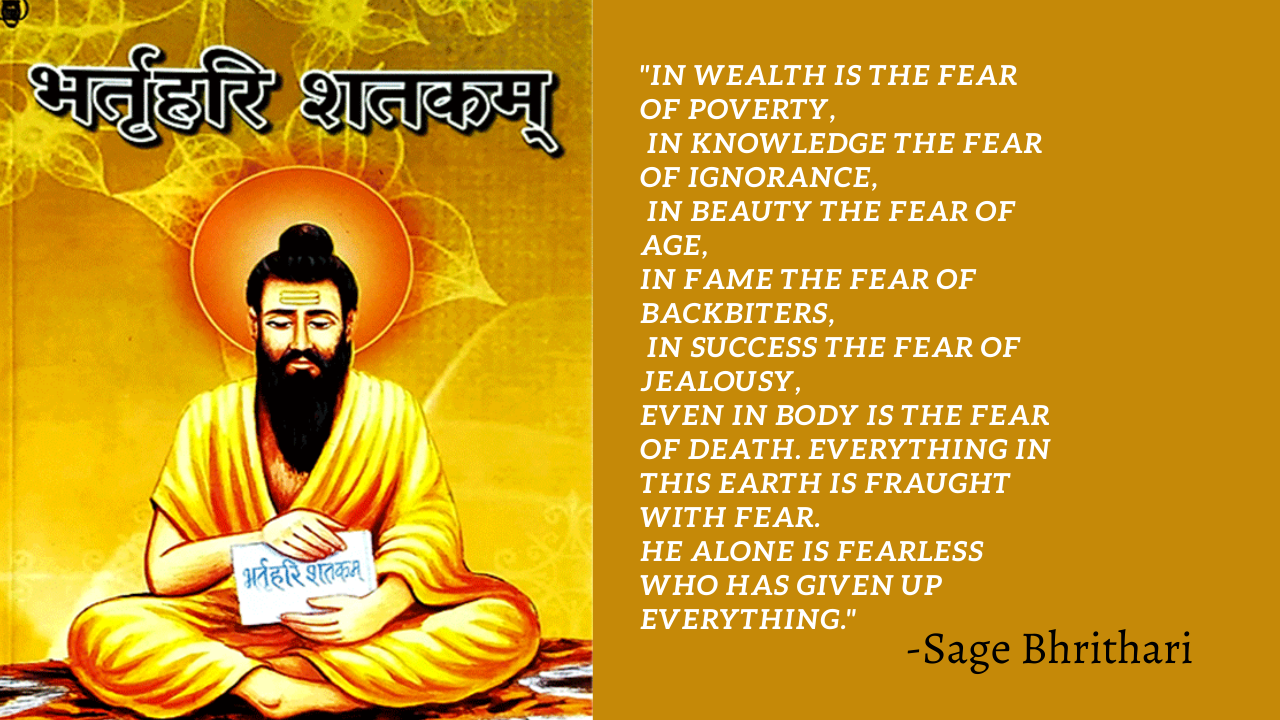The Story of Sustainable Development
Taking a quick glance at the history of humanity, we clearly find a period of tremendous growth and unprecedented progress in around 18th century that is just unmistakable to notice. We find that the world's history could be divided into two parts, that is, before 18th century and after 18th century.
The way we humans progressed earlier was really sluggish, extremely slow. We all can agree that the rate at which humans have improved their lifestyle in last 300 years is far far more significant than that of our past thousands of years. Now, we wonder what made all the difference? The answer, my friend, is fossil fuels, which was the key stimulus of The Industrial Revolution.
Everything changed during the Industrial Revolution, which began around 1750. As fossil fuels, people found a source of energy with an incredible capacity for work. It introduced urbanisation, globalisation and manufacturing industries promoting capitalism and consumerism. Abundant fossil fuels, and the innovative machines they powered, launched an era of accelerated change that continues to transform human society - From using coal to power steam engines to using fossil fuels in every sector like generating electricity and smelting iron using coal, fueling automobiles using petroleum, running industries with crude oil and using coal tar and mineral oil in chemicals and pharmaceuticals.
In the 20th century, cheap and abundant energy brought previously unimaginable advances in health, wealth, and technology, and fed an explosion in population and consumption. But this growth came at an incredible cost. Climate change, peak oil, freshwater depletion, species extinction, and a host of economic and social problems now challenge us as never before.
In the 1970s we realised how depended we are on fossil fuels. We realised that our current energy sources, fossil fuels, are limited. With the ozone layer depletion in 1980s, ever-increasing pollution problems, climate change, disruption in seasonal cycles and continued damage to environment and nature, we learnt that fossil fuels not only were limited resources but also posed a serious threat to all life forms on earth, and depending solely on them meant no good. But alas! Our very lifestyles were mended by them. Lo! Whole of the humanity found itself addicted to fossil fuels.
Around then sprouted the idea of Sustainable Development. The literal definition of sustainable development is development that meets the needs of the present without compromising the ability of future generations to meet their own needs, or in simple words, development which is not at the expense of mother Earth.
It can be described as nonviolent, lustfree and more clever way of development where there is a win-win situation for economical development, social progress as well as environmental protection. A bit innovation added to sustainable development can promise us even a lifestyle better than ever before.
As human lifestyle is deeply identified with fossil fuels, sustainable development carries a back-breaking task of replacing it with cleaner and more reliable alternatives. Think about this. The major production of even the household electricity we use is powered by thermal plants using coal. Our non-biodegradable wastes made out of petrochemicals have thrown the entire ecosystem of nature into ruins.
From the minutest appliances we use at our homes to the entire national resources, we are steeped into the usage of fossil fuels. That dependency, we have to give up.
From the early 90s, the United Nations has been doing a commendable job in bringing nations together for sustainable development. The United Nations Framework Convention on Climate Change (UNFCCC) established an international environmental treaty to combat "dangerous human interference with the climate system", in part by stabilizing greenhouse gas concentrations in the atmosphere. It was signed by 154 states at the United Nations Conference on Environment and Development (UNCED), informally known as the Earth Summit, held in Rio de Janeiro from 3 to 14 June 1992.
The treaty called for ongoing scientific research and regular meetings, negotiations, and future policy agreements designed to allow ecosystems to adapt naturally to climate change, to ensure that food production is not threatened and to enable economic development to proceed in a sustainable manner.
Since then there has been a lot of improvement and innovation in this field. A great plan of SDGs or Sustainable Development Goals was set up in 2015 by the United Nations General Assembly and is intended to be achieved by 2030. SDGs are a collection of 17 interlinked global goals designed to be a "blueprint to achieve a better and more sustainable future for all".
The 17 SDGs are: (1) No Poverty, (2) Zero Hunger, (3) Good Health and Well-being, (4) Quality Education, (5) Gender Equality, (6) Clean Water and Sanitation, (7) Affordable and Clean Energy, (8) Decent Work and Economic Growth, (9) Industry, Innovation and Infrastructure, (10) Reduced Inequality, (11) Sustainable Cities and Communities, (12) Responsible Consumption and Production, (13) Climate Action, (14) Life Below Water, (15) Life On Land, (16) Peace, Justice, and Strong Institutions, (17) Partnerships for the Goals.
You must have remembered the recent COP26 or the 26th UNFCCC meeting of world leaders for climate action held in Glasgow, UK. I will make a separate blog on India's resolutions and achievements in SDGs. The role of India in this whole matter and its future expectations are very important for its economic and political position in the world.
Note my words. The next industrial revolution will begin only with a breakthrough in sustainable development, most probably in renewable energy sector. Britian headed the first industrial revolution and now see its progress. America headed the second one and I need not introdue America to you all. The upcoming industrial revolution is expected to begin in European countries like Germany, Baltic nations or China. In the ongoing age of Internet and Information Technology, we are very likely to witness a total shift of lifestyle within 10-20 years, even sooner.
With 60% of its youth lying in the age group 15-24 and this ongoing Start-Up culture in India, it can potentially lead the world into a new era of development, or atleast it can make its own countrymen enhanced.
I am moving to 11th grade. I have the options of science, commerce or arts fields to choose. To be honest, all three streams equally appeal to me and choosing any one of them is bound to leave me with regret and fear of missing out the valuable knowledge of the rest two.
The only reason why I have decided to select the science stream with group A (Engineering) is because to contribute to engineer a sustainable earth. Moreover, I find that my skills of critical thinking, brainstorming ideas, competitiveness and problem-solving and the qualities of discipline, patience etc. will get cultivated by this field. No, I will still not forbid myself against commerce and arts, for they are qualities of an individual, and not mere subjects. I will always be open to them in my leisure time and add them up in my character to deal with my ultimate task of innovating in technology to create an ideal planet.
The reason why I like the idea of Sustainable Development is because it percolates all fields of life. It requires strenous scientific research and practical engineering to suit present technology. It also requires the skill of entrepreneurship and commerce to boost economic development and fit the mechanism of capitalist market. For the proper implementation and monitoring of the impact, clever policy-making and political leadership is also necessary. And alas, how can we forget the society, the civilization which is greatly affected by it? It totally changes the lifestyle of the society too.
This, dear readers, is sustainable development for you.
Thanks,
Daksh Parekh.
















Comments
Post a Comment